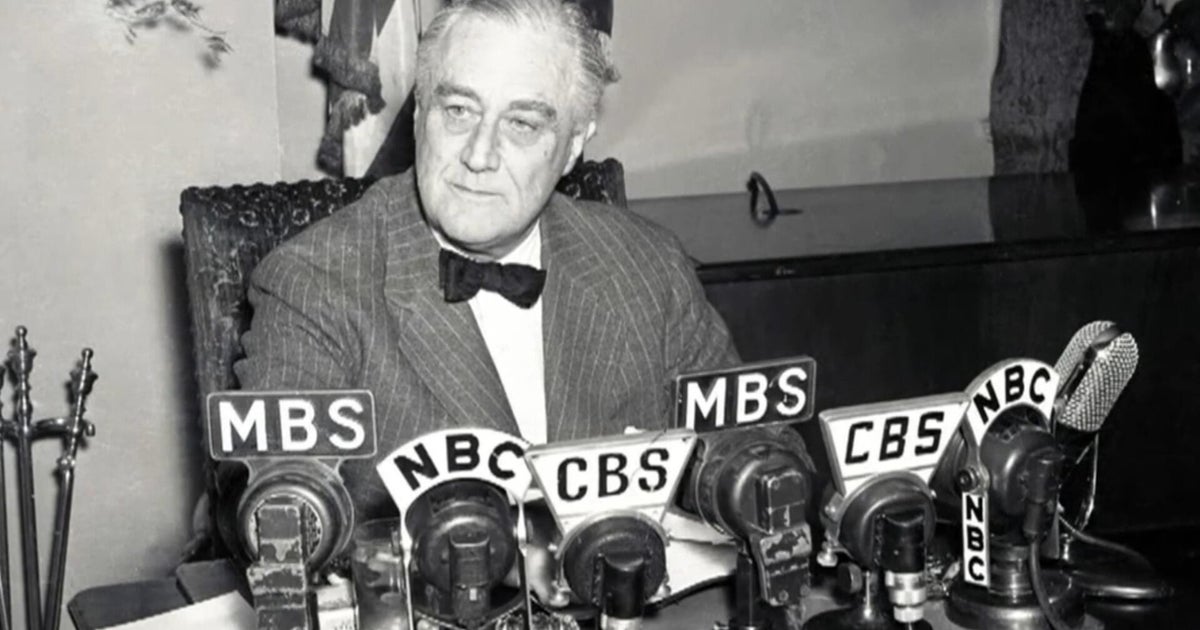The demand for protein has soared as 61% of consumers in the U.S. increased their protein intake last year, according to new research from Minnesota-based food corporation Cargill. And social media influencers and brands alike are taking note.
"We're seeing that influencers, fitness professionals – they're all encouraging more protein after lifting," said Yasi Ansari, a clinical dietician at UCLA.
The protein boom
Protein is now a $114 billion industry and growing, according to Mintel, a global market intelligence company. The number of high protein shakes and drinks on the market rose by 122% from 2020 to 2024, Innova Market Insights reported, noting that Gen Z is driving most of the online chatter around the beverages.
Chains like Starbucks, Dutch Bros, Smoothie King and others recently introduced protein-packed options and add-ons to their menus. PepsiCo CEO Ramon Laguarta also said protein would be a big focus for the company, telling investors in July that "consumers are adopting protein solutions in the diet at a pace that was not the case in a few months back, a few years back."
Protein, an essential nutrient, certainly has health benefits.
"It's the building block of your bones, muscles and other organs, and getting enough is crucial for keeping your body working properly," Christine Byrne, a registered dietitian and owner of Ruby Oak Nutrition, said.
Ansari noted it also helps to build enzymes, support hormone health and provide a structural component to hair, skin and nails.
But "today's wellness culture tends to overestimate the amount of protein most people actually need," Byrne said.
Ideally the source of your protein is whole foods, instead of powders and supplements, registered dietitian Helen Tieu said.
Consumer Reports recently found some protein powders and shakes contain high levels of lead. A total of 23 protein powders and shakes were tested as part of their investigation, which determined that more than two-thirds of the products contained unsafe levels of lead.
"For people who are able to reach their protein targets from whole foods, protein powders and supplements are not necessary," Tieu said. "Limit protein powder intake to an occasional use when necessary. Whole foods also provide more nutrients and keep us full for longer, compared to an isolated protein powder supplement."
For some people — including those with certain medical conditions or competitive athletes — protein supplements can be more crucial, Byrne said.
"Although I'd caveat that this generally isn't the case for everyday exercisers, even those who hit the gym or the trail daily," she said.
How much protein is really needed in a diet?
For growing children and adolescents, protein provides the building blocks for muscle, bones, skin and hormones. Getting enough protein is also essential for older adults. It can help preserve strength, maintain bone density and reduce the risk of age-related injury.
Government guidelines suggest most adults aim for about 0.8 grams per kilogram of body weight. For example, someone who weighs 150 lbs would need about 54 grams of protein — this is what's in about 6 ounces of cooked chicken breast, Byrne said.
"We want to look for high quality sources," Ansari said. "So those are generally speaking animal protein. Now another way to do this is by combining beans and grains and making it a full meal."
Byrne said you can calculate your estimated protein needs by consuming 0.36 grams of protein per pound of bodyweight.
"That calculation is an oversimplification, and many people need more protein than this. But the idea that you need to slam a protein shake before and after every workout just to meet your needs and reach your goals is totally wrong," she said.
High-protein foods
"To boost protein intake from whole foods, make sure to include protein at every meal, and aim for a minimum of 20 grams per meal to boost muscle protein synthesis," Tieu suggests.
Some protein-rich foods include:
- Meats, with options like chicken and turkey leaner than beef
- Fish and seafood, like tuna, salmon, shrimp and scallops
- Greek yogurt and cottage cheese
- Eggs, or egg whites for less cholesterol
- Milk or soy milk
- Tofu and tempeh
- Beans, lentils, chickpeas and edamame
- Whole grains
Megan Meyer, a science communication consultant with a doctorate in nutritional immunology, said she aims to have both snacks and meals that include protein.
"Some of my favorite protein-rich snacks include Greek yogurt, cottage cheese, a handful of nuts, meat sticks and hard-boiled eggs," she said. "My go-to proteins for meals include lean meats like chicken breast, canned tuna, beans, lentils and tofu."
Edited by Jennifer Earl and Nicole Brown Chau
Popular protein powders contain lead: study
Popular protein powders, shakes contain high amounts of lead, study finds
(03:42)

.jpeg)




































 English (US) ·
English (US) ·